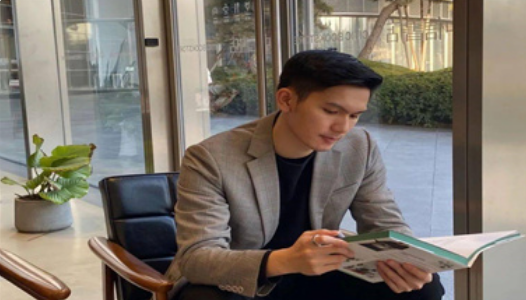Mandarin: The Official Language
Mandarin, known as Putonghua, is the official state language of China and the most widely spoken language in Shanghai. As a city that attracts people from all parts of China for business and education, Mandarin serves as the lingua franca, enabling communication among a diverse population. Government functions, educational institutions, and media primarily use Mandarin. Additionally, proficiency in Mandarin is essential for business and social interactions in the city.
Shanghainese: The Local Dialect
While Mandarin dominates as the language of education and government, Shanghainese, a dialect of Wu Chinese, holds a special place as the native language of locals in Shanghai. Shanghainese has a rich cultural heritage and is spoken primarily in private spheres and among older generations. Despite its widespread understanding among long-time residents, its usage is less common among the younger population and migrants from other areas.
English: A Global Touch
Given Shanghai's status as a global financial hub, English plays a significant role in business and international relations. Major multinational corporations and joint ventures operate in English, and it is frequently used in business meetings, academic conferences, and tourism. English signs and translations are prevalent in areas frequented by international visitors, such as hotels, major tourist attractions, and expat neighborhoods.

Language Diversity in the Business World
Shanghai's cosmopolitan nature is reflected in its language diversity, especially in business districts like Pudong, where expatriates and international business people often use their native languages. However, for any formal transactions or communications, Mandarin or English usually serves as the working languages.
Cultural Impact on Language Usage
The cultural landscape of Shanghai, characterized by both traditional Chinese elements and a strong international influence, plays a significant role in the dynamic use of languages in the city. Festivals, culinary traditions, and artistic expressions often see a blend of Mandarin, Shanghainese, and occasionally English, showcasing the city's rich cultural diversity.
Educational Influence on Language Acquisition
Shanghai's education system emphasizes Mandarin and English, preparing students for participation in both national and global spheres. This focus has led to a decline in the prevalence of Shanghainese among the youth, who often speak Mandarin or English more fluently than the local dialect.
For those interested in the diverse language spoken in shanghai, it is clear that while Mandarin is the predominant language, the city's global orientation and rich cultural tapestry provide a vibrant linguistic landscape.